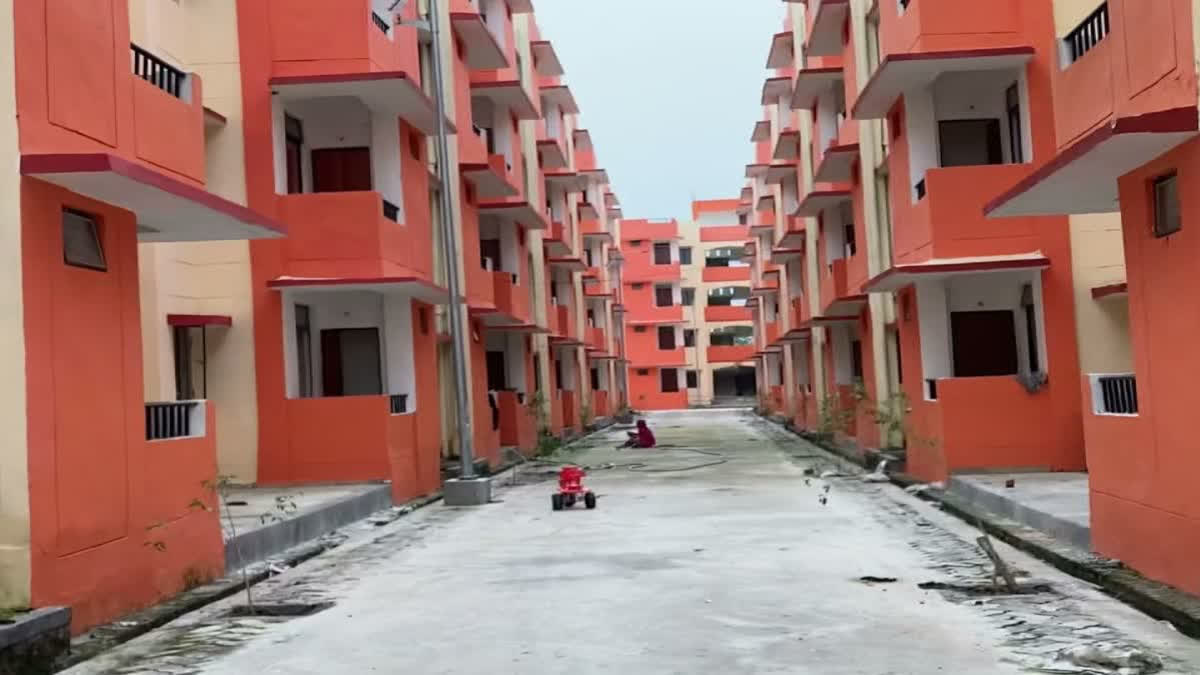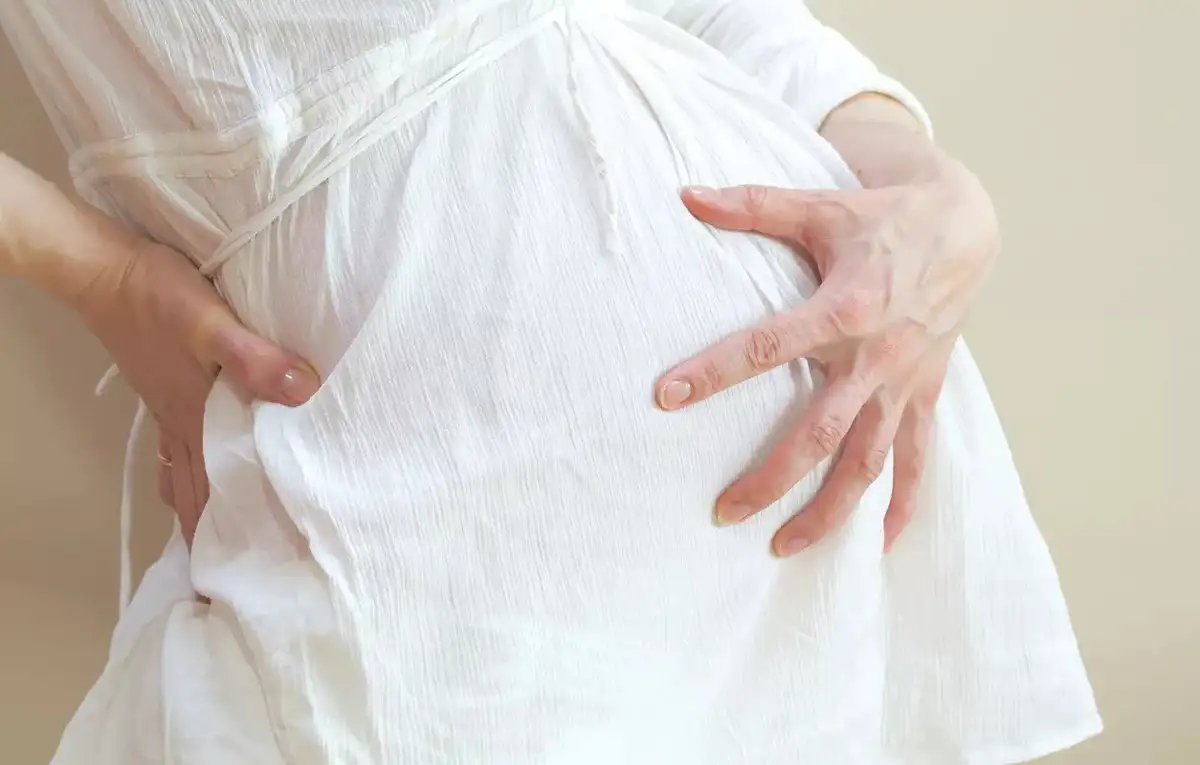- Courses
- GS Full Course 1 Year
- GS Full Course 2 Year
- GS Full Course 3 Year
- GS Full Course Till Selection
- MEP (Mains Enrichment Programme) Data, Facts
- Essay Target – 150+ Marks
- Online Program
- GS Recorded Course
- NCERT- First Ladder
- Polity
- Geography
- Economy
- Ancient, Medieval and Art & Culture AMAC
- Modern India, Post Independence & World History
- Environment
- Governance
- Science & Technology
- International Relations and Internal Security
- Disaster Management
- Ethics
- Current Affairs
- Indian Society and Social Issue
- CSAT
- 5 LAYERED ARJUNA Mentorship
- Public Administration Optional
- ABOUT US
- OUR TOPPERS
- TEST SERIES
- FREE STUDY MATERIAL
- VIDEOS
- CONTACT US
PMAY-Urban 2.0 Allocation
PMAY-Urban 2.0 Allocation
19-03-2025

- Amount: Rs 3,500 crore for FY26, a significant increase from Rs 1,500 crore allocated in FY25.
- Objective: PMAY-U 2.0 aims to provide 1 crore houses to low- to middle-income families over the next five years. This initiative is meant to tackle the shortage of affordable housing in urban areas.
Pradhan Mantri Awas Yojana - Urban (PMAY-U) Overview
- Launch Date: June 25, 2015
- Initiative By: Launched by the Prime Minister of India.
- Under : the Ministry of Housing and Urban Affairs
- Objective: To meet the urban housing shortage by providing pucca (permanent) houses to economically weaker sections (EWS), lower income groups (LIG), and middle-income groups (MIG), including people living in slums.
- Coverage: Urban areas as defined by the Census 2011 (towns, cities, and planning areas).
- Deadline: The goal was to ensure housing for all by 2022, though the program has been extended.
Context & Need for PMAY-U
- Urban Growth: Cities are growing rapidly, increasing the demand for housing.
- Affordable Housing: Housing needs vary across income groups, with a significant focus on the EWS, LIG, and MIG groups.
- Housing Demand: The expansion of new cities and urbanization is leading to a growing need for affordable homes.
Key Announcements
- Independence Day 2023: PM announced a new scheme to provide housing to weaker and middle-class sections.
- Cabinet Decision June 2024: The government approved housing assistance for 3 crore more rural and urban households.
- Budget 2024: The Finance Minister announced PMAY-U 2.0 to address housing needs for 1 crore urban poor and middle-class families.
Launch of PMAY-U 2.0
- Goal: To assist 1 crore urban families with housing over five years.
- Design Approach: PMAY-U 2.0 builds on lessons from the original PMAY-U, global best practices, and consultations with stakeholders like states, banks, housing finance companies, and the private sector.
Key Components of PMAY-U 2.0
- Beneficiary Led Construction (BLC): This helps eligible people build their own homes with financial support.
- Affordable Housing in Partnership (AHP): Develops affordable housing through partnerships between the government and the private sector.
- Affordable Rental Housing (ARH): Provides rental housing options that are affordable in urban areas.
- Interest Subsidy Scheme (ISS): Offers interest subsidies on housing loans to eligible families.
|
Also Read |
|
| NCERT Books For UPSC | |
| UPSC Monthly Magazine | Best IAS Coaching in Delhi |




